What is the difference between the flavor of rose summer coffee in Ethiopia and that in Panama?
Professional coffee knowledge exchange more coffee bean information please follow the coffee workshop (Wechat official account cafe_style)
Rosa Coffee is well-known. In addition to Panama, Costa Rica, Colombia and other countries also grow Rosa Coffee varieties, including Ethiopia's famous Rosa Village Manor. The cup of rosy summer coffee in the front street is not very similar to the Panamanian rosy summer as we know it. The rosy summer coffee beans grown in Panama have a charming floral aroma in both dry and wet fragrance, while the rosy summer grown in the village is characterized by stone fruit in the entrance, which is slightly inferior to the Panamanian rosy summer.
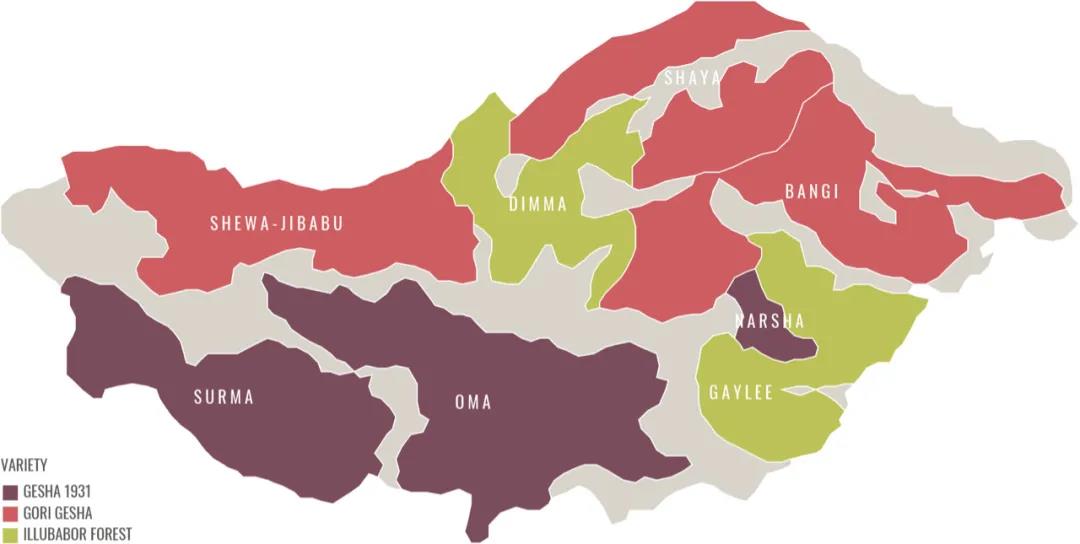
The Rose Summer Coffee of Rosa Village Manor is very popular, and many contestants choose some batches of this estate to participate in the competition and win the place, including Zhao Jiabao from Hong Kong who used Rose Summer Coffee from Rosa Village Manor to win the second runner-up of the 2017 World Barista Competition. In the same year, Japan's Guiji Ishiya also chose Rosa Village Coffee to win the first Japanese barista Competition (JBC) of his 10-year competition. So how did Rose Xia Village rise?
Guoxia Village Manor
Gesha Village Coffee Estate
In 2007, documentary director Adam Overton and photographer wife Rachel Samuel came into contact with the Gera Coffee Forest in the Banchi Maji region while shooting a documentary about Ethiopian coffee for the Ethiopian government, and in the process they came up with the idea of building their own coffee estate and brand. In 2009, they were lucky enough to meet the famous mule owner and BOP judge Willem Boot, and Willem Boot's idea provided an opportunity for the Overton couple to return to Ethiopia to find the birthplace of Rose Summer. Finally they came to Banchi Magi, an area in southwestern Ethiopia near South Sudan, where many places are known as the village of Gesha and where primitive roses are most likely to be found.
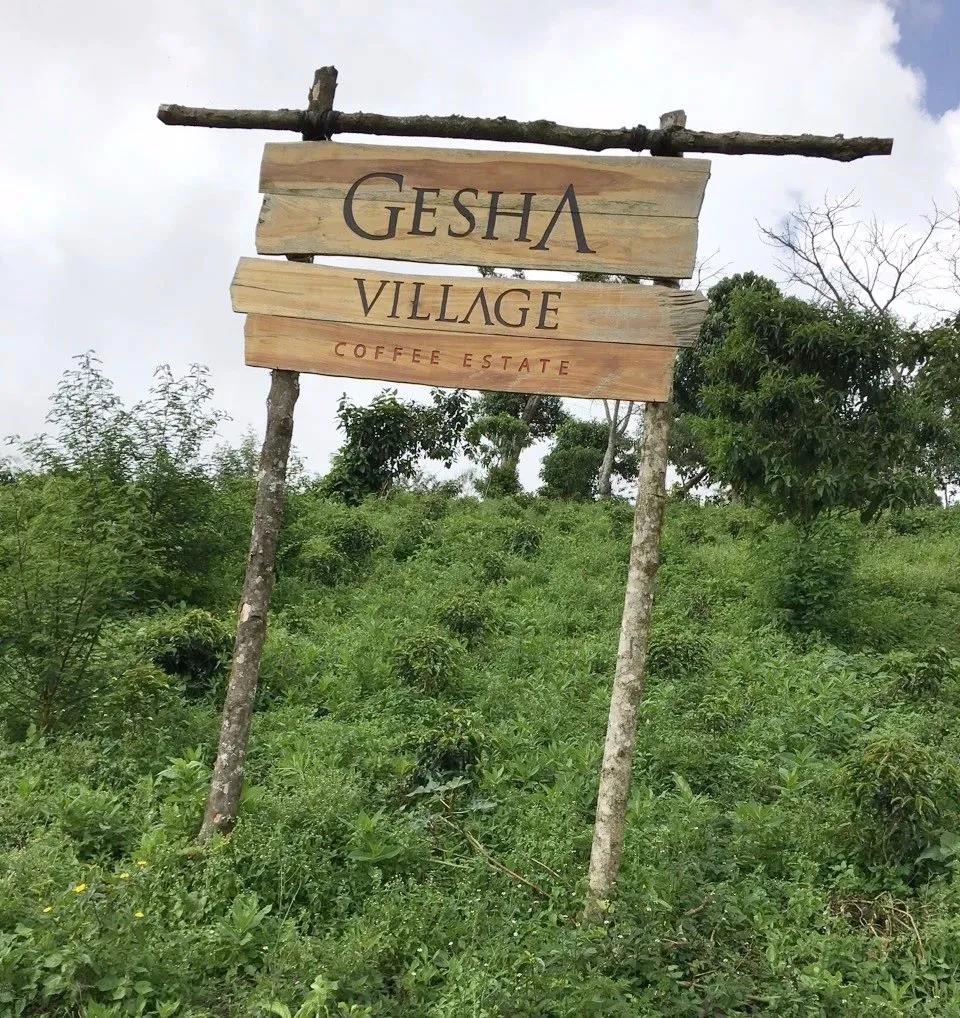
Adam followed WillemBoot on an adventure in the forest around the manor. In a jungle magically surrounded by a thick forest, he found a variety of wild tree species, and what surprised them most was to find the wild rose summer. Later they learned that this was the place where the rose species were first found in the Gori Gesha forest. So they collected seeds from native rose trees, screened them, and planted them in Rosa Village. They decided to build the estate here and name it Gesha Village Coffee Estate, a 475-hectare coffee farm about 12 miles from the Gori Gesha Forest.
Rose summer coffee variety
Gasha
Rosa coffee has a slender bean shape and a fresh and pleasant flavor. from these two points, Rosa coffee is not like a coffee variety in Central and South America, but more like an Ethiopian coffee variety. So when was Rosa introduced into Panama? Found in the rose summer forest of Ethiopia in 1931. Rosa was then sent to the Coffee Institute in Kenya, introduced to Uganda and Tanzania in 1936, Costa Rica in 1953 and Panama in about 1960.
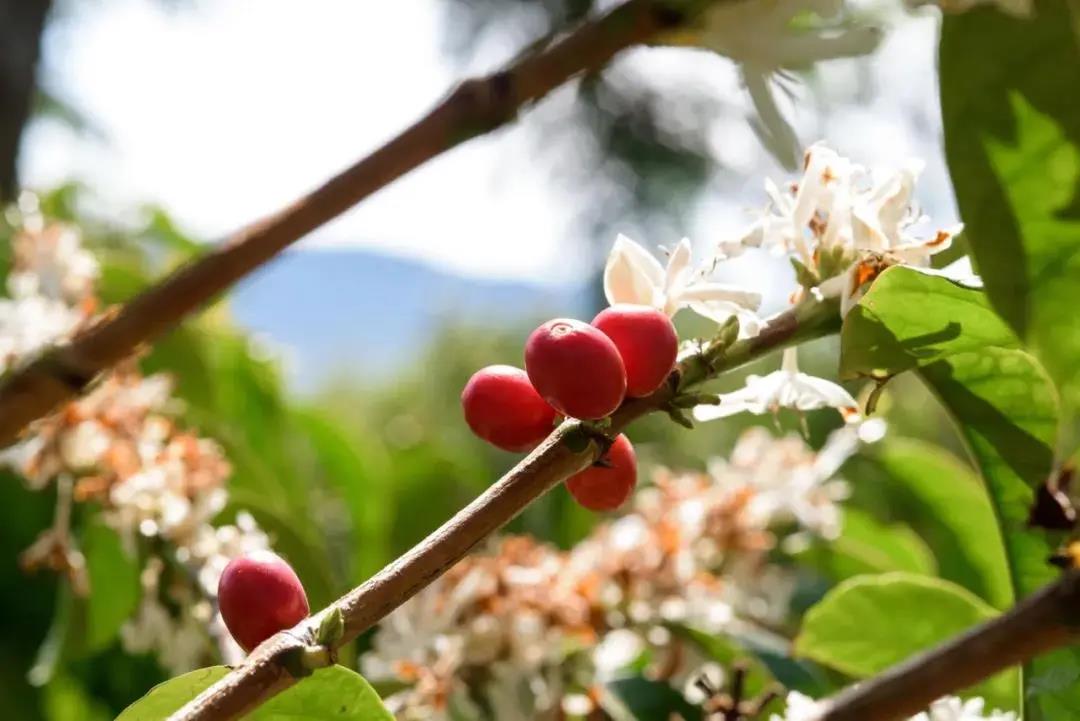
Although Rosa rugosa has strong disease resistance, its yield is low, so at that time, people cited this quality as a variety of improved plants and disappeared until the jadeite manor owner rediscovered them in the windbreak forest. Guixia Village has a strong flavor in the past two years, not only ended with an astonishingly high price in two consecutive years of manor independent bidding, but also was chosen by a number of top players such as WBC, bringing the coffee kingdom of Ethiopia back to its peak and once again refreshing people's recognition of Ethiopian coffee.
There are three varieties in Rosa Village, named after the expedition when the coffee was discovered: Gesha1931 and Gori Gesha and Illubabor provided by the Ethiopian Coffee Research Center.
Gori Rosa Gori Gesha (GG): this variety replicates the genetic diversity in the Gori Gesha coffee forest.
Rose 1931 Gesha 1931 (G31): a combination of varieties with different forests, which is very similar to Panamanian rose. It is screened by observing its plant type, bean shape, order size and cup flavor.
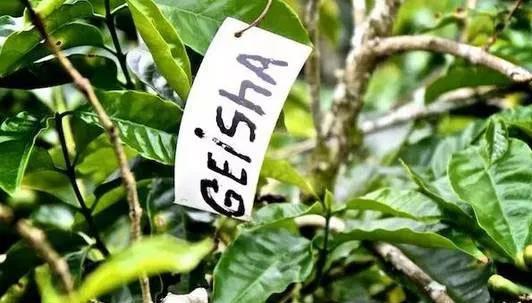
Illubabor Forest 1974 (IF): found during an expedition to the Illubabor Forest in 1974, a variety with antibodies was later developed by the Ethiopian Research Center.
Division of manor plots in Guoxia Village
The manor owner of Ruoxia Village has a very detailed numbering of the land, which is convenient for later management and flavor traceability.
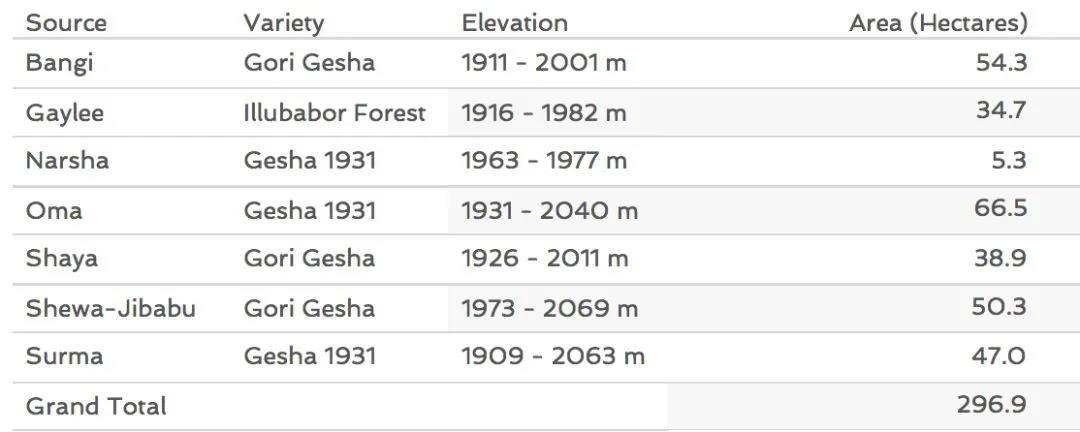
The area and planting varieties of different plots in Guoxia Village
The terrain in the west of the manor is relatively high, so the three plots OMA, SURMA and SHEWA-JIBABU are slightly higher above sea level, while the shading ratio in the south is relatively higher, and the sun exposure time in the north is longer. Among the eight plots, manor managers choose the most suitable variety for each plot according to the microclimate differences such as elevation, soil conditions and shading conditions (as shown in the picture above) to ensure that each plot can form distinctive characteristics.
Classification of manors in Guoxia Village
There was no manor and estate hierarchy in Ethiopia, and after discovering the Rose Summer Forest, Willem Boot and Adam decided to move the Panamanian coffee farm here, so Rosa Village became the only coffee farm in Ethiopia.

In Rosa Village, every step of planting and processing strives for uncompromising quality. At the coffee lab in Addis Ababa, as well as the official SCA standards, each batch is carefully selected and strictly graded through a rigorous cup testing process to ensure that buyers are provided with the best quality coffee beans. Finally, from extremely high-end and delicious treasures to exquisite mixed chakas, one is divided into four levels and is available to the world coffee market. What they do is that each batch, a label, can be traced back to the details of the bean. There is a strict grading system in Guoxia Village, which is competitive bidding, gold bid, red bid, green bid and Chaka batch.
Bidding batch
Accounting for only 3.7% of the annual output of Rose Xia Village, the top batch of the carefully selected manor can only be obtained through the global bidding of 2018 Rose Xia Village Coffee Manor. The cup test score of the 2018 bidding batch is 88.15-92.67 points, which is divided into champion selection (Champion's Reserve) and manor selection (Farm Reserve).
For example, Gesha Village 2018 Auction Lot RSV.6 belongs to the bidding batch.
Gold label batch
Jinbiao accounts for only 5% of the annual output of Ruoxia Village, which can be said to be of the same level as the bidding batch. The batches that contestants from all over the world usually choose, such as the WBC World Championship held in the Netherlands in 2018, the Australian and Japanese champions select gold bid batches to compete. Bakers with high quality requirements will also purchase, with complete traceability, each batch has outstanding flavor and high complexity, which is the best grade of the manor second only to competitive bidding.
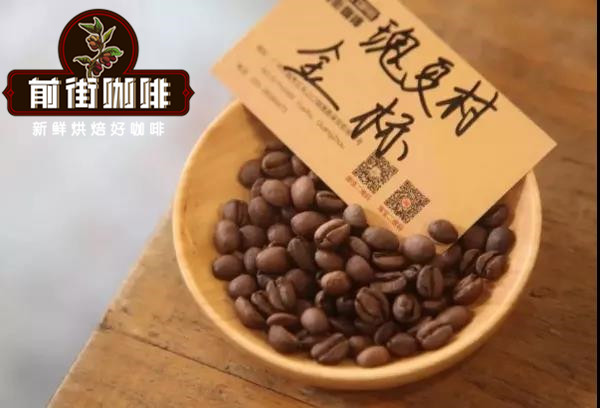
Gesha Village Oma 059 Guoxia Village Oma 059 batch
Grade: Rarities (Gold) label Gold Standard
Treatment: insolation (32 days)
Product: Gesha 1931
Guojia: Ethiopia Ethiopia
Production area: Bench Maji Banchi Maggie
Altitude: 1931-2040 m
Red label batch
The batch with complete traceability has the typical flavor of Rosa Village, the flavor intensity and complexity are slightly weaker than the gold standard batch, and it is a single batch with high performance-to-price ratio.
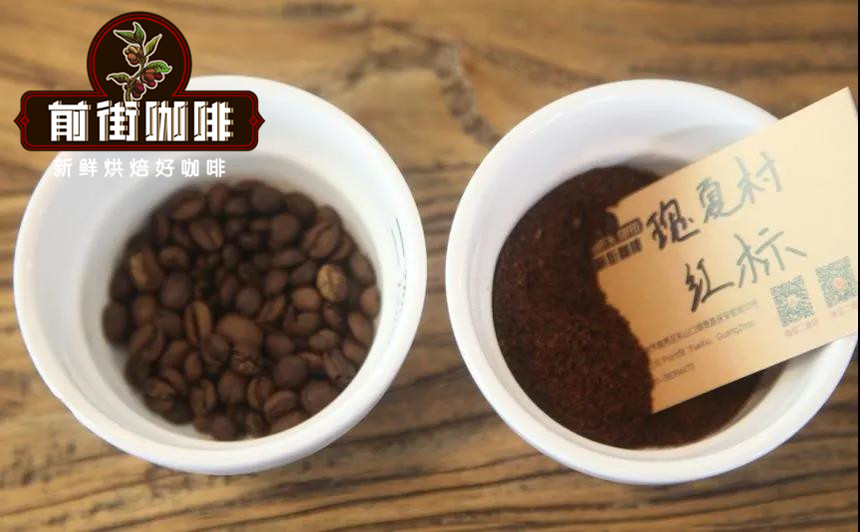
Gesha Village Coffee Estate Grower's Reserve
Rose Xia Village Red Standard Rose Summer
Producing area: Banchi Maggie
Altitude: 1909-2069m
Variety: Gori Rose Summer (Gorigeisha)
Treatment method: sun treatment Natural
Chaka batch
This is a blend of Rosa Coffee produced by Ruoxia Village, which includes three varieties, namely, Gori Gesha, Gesha 1931 (Gesha 1931) and Illubabor (Essel original disease-resistant variety).
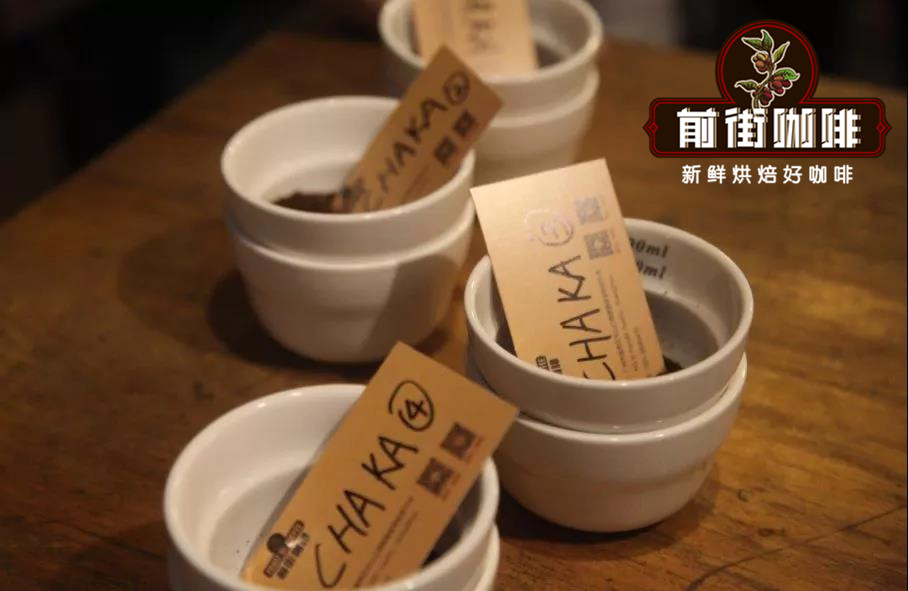
Gesha Village CoffeeEstate CHAKA
Guixia Village Chaka batch
Producing area: Banchi Maggie
Altitude: 1900-2100m
Varieties: Gori gesha, gesha1931 1931, Illubabor
Treatment: sun treatment
Coffee bean treatment
Natural
The Roxia Village Coffee of Qianjie Coffee is sun-treated. First remove the floating impurities, and then cover the sun with a thin layer of plastic sheeting on the African-style elevated scaffolding. when drying with a tanning bed, they will be screened again to select worm-eaten beans and coffee beans that are green in color. The total drying time is 18-30 days. Qianjie believes that the sun-treated coffee has obvious sweetness, soft acidity and the tonality of compound fruits in flavor.
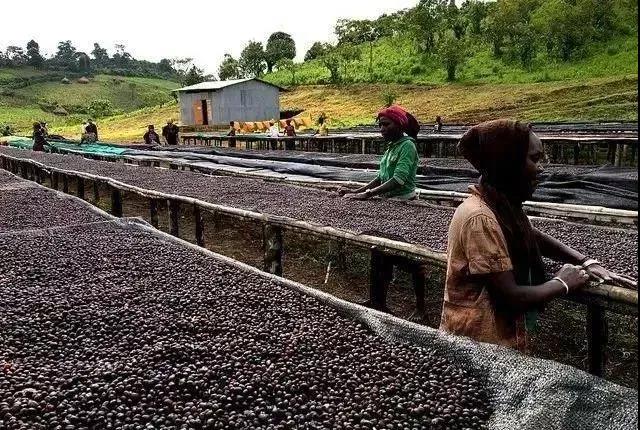
The most popular coffee in Qianjie is the red label Rose Summer of Rose Summer Village Coffee. Next, let's take a look at how the Qianjie Baker baked this Red Standard Rose Summer Coffee, and how the Qianjie barista cooked this coffee bean.
Suggestion on coffee baking in Qianjie
This Rose Xia Village Red Standard Rose Summer belongs to the coffee beans in this year's new season, so the roasters of Qianjie Coffee extend the dehydration time when baking this coffee so that the bean surface and the bean core are heated evenly. Light roasting is used to show the acidity and aroma of this coffee bean.
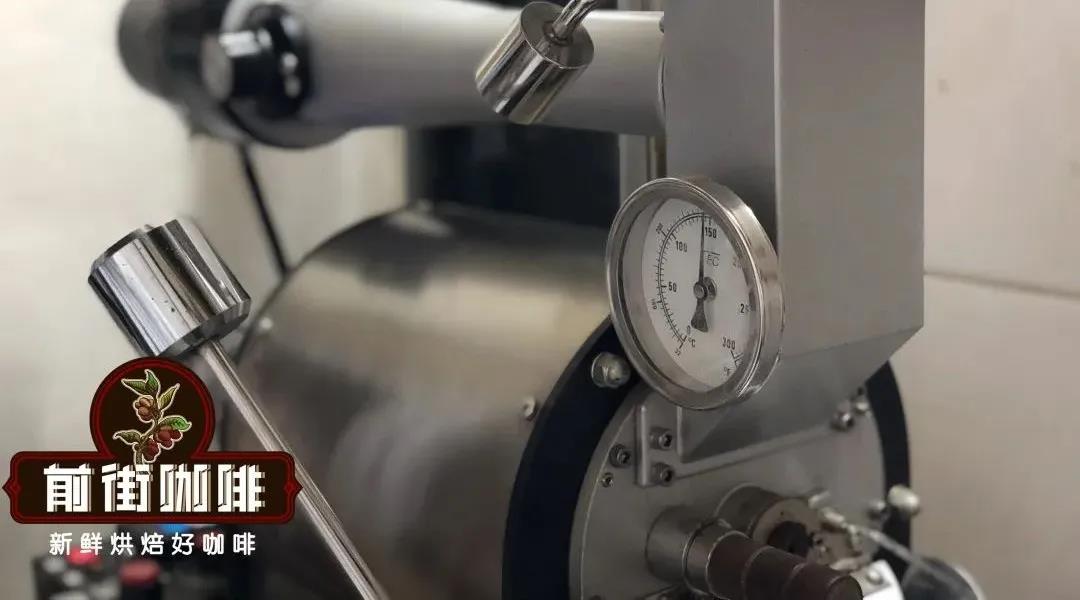
Yangjia 800N, bean quantity 300g: furnace temperature 160℃, firepower 100g, throttle opening 3; temperature recovery point 1mm 39 ℃, opening throttle to 4, firepower raised to 150m; when furnace temperature is 148.1 ℃, bean meter turns yellow, grass smell disappears completely, and wind and firepower drops to 120in dehydration stage. The smell of toasted bread has obviously changed to the smell of coffee, which can be defined as a prelude to an explosion. At this time, it is necessary to listen carefully to the sound of the explosion point. The sound of the explosion point starts to explode at the 8pm 39th 25 ", the throttle opens to 5", the development after the explosion is 1mm "39th 45", 197.5 ℃ into the pot.
Coffee cup test report on Qianjie
Through the cup test in Qianjie, it is found that the flavor of this Rose Village Red Sun Rose Summer Coffee is obviously yellow drupe flavor, white flower flavor, slight tea feeling mixed with obvious cream aftertaste.
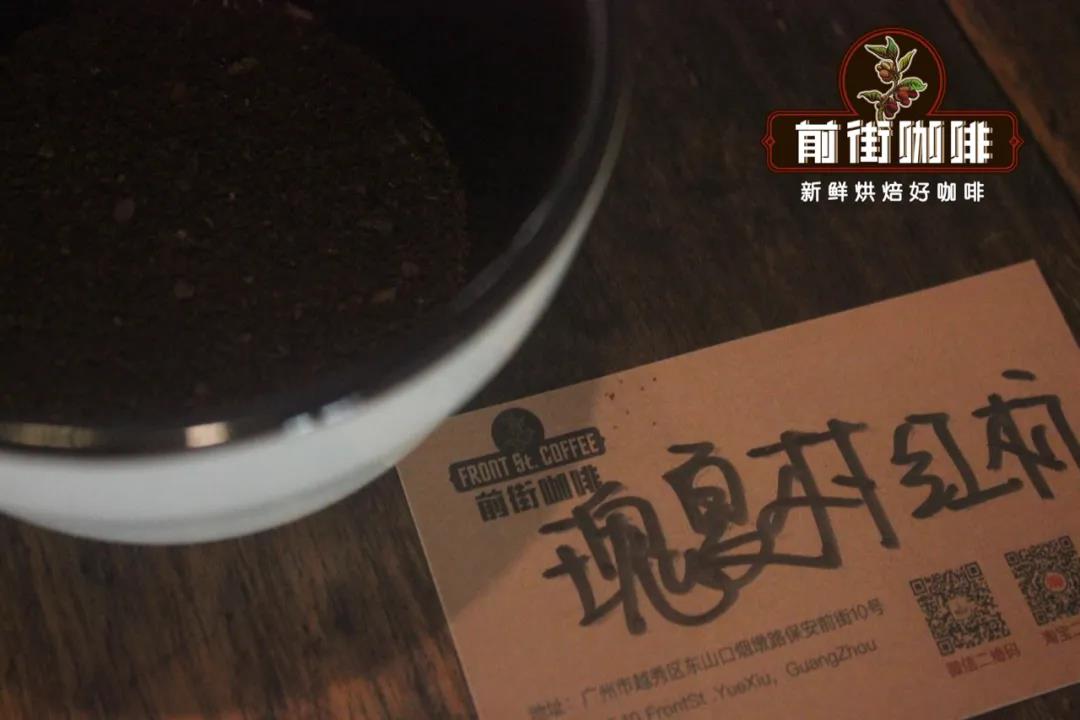
The advantage is that the ultra-high sweetness brought by the exquisite sun treatment runs through all the time. Because of the high sweetness in the front section, the acidity is not sour, so it is a kind of soft acidity, while the creamy feeling at the end is more obvious. But the disadvantage is the lack of alcohol thickness, and the overall tastelessness after low temperature.
Qianjie coffee brewing Tips
Filter cup: V60 # 01
Powder content: 15g
Ratio of powder to water: 1:15
Degree of grinding: BG6H (78% pass rate of No. 20 screen)
Water temperature: 91 degrees
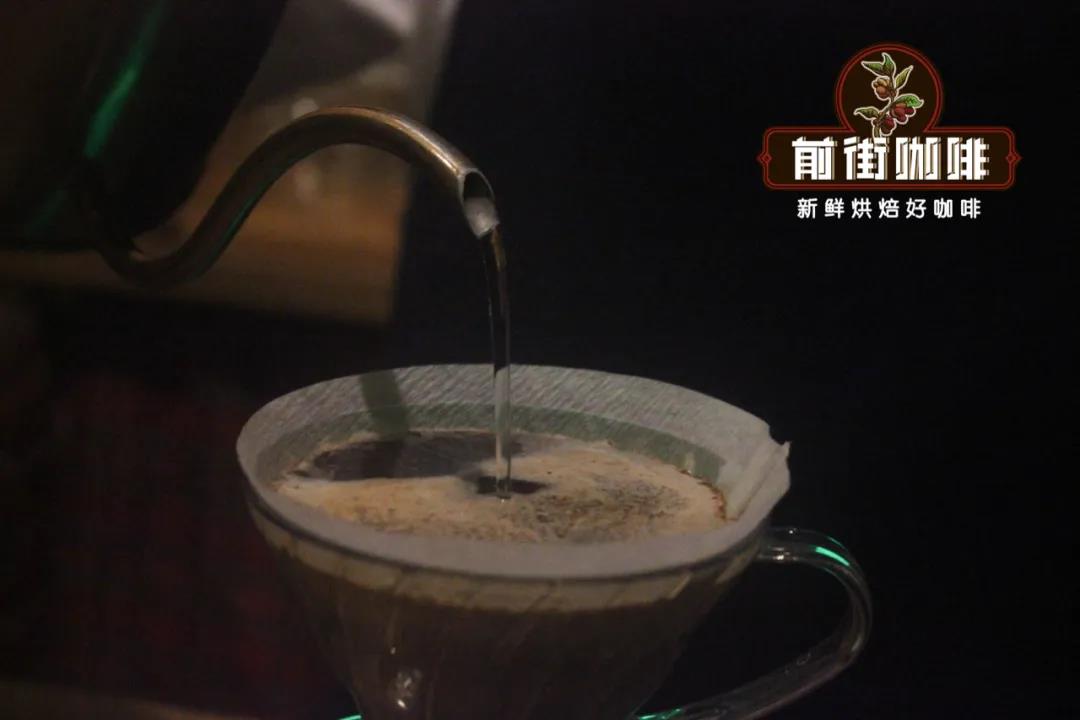
The front street cooking technique: first wet the filter paper and preheat the filter cup and the coffee pot. Steam with 30 grams of water for 30 seconds, small water flow around the circle to 125 grams for sectional injection, water level drop is about to expose the powder bed, continue to inject water to 225 grams to stop injection, and so on when the water level drop is about to expose the powder bed to remove the filter cup, (steaming starts timing) the extraction time is 1 minute 39 percent 55 ".
Cooking flavor: citrus acid at high temperature, mellow thickness, slightly lower temperature, soft acidity, yellow drupe flavor, creamy sweetness, slight flower aroma, slight black cocoa aftertaste, maple syrup and berries at low temperature.
For more boutique coffee beans, please add private Qianjie coffee on Wechat. WeChat account: kaixinguoguo0925
Important Notice :
前街咖啡 FrontStreet Coffee has moved to new addredd:
FrontStreet Coffee Address: 315,Donghua East Road,GuangZhou
Tel:020 38364473
- Prev
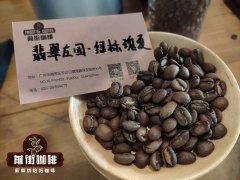
Panamanian Poket boutique coffee details what is the quality of Panamanian Rosa coffee beans?
Although Panama has been growing coffee since the early 20th century, over the past 20 years, the country has been known only for producing high-quality coffee. Today, thanks in large part to the success of the geisha breed, Panama is famous for producing high-quality coffee and is sought after by bakers, buyers and competing baristas around the world. The Panamanian producing area is located in the large
- Next
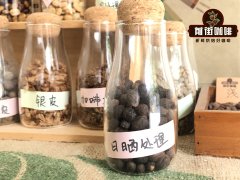
Ethiopia Yegashifi Erica Coffee beans juicy Sun how to make Erica Coffee
Professional coffee knowledge exchange more coffee bean information please follow the coffee workshop (Wechat official account cafe_style) Erica this coffee bean is familiar to Essex fans. The score of Erica's beans has reached an astonishingly high score of 95 on the international cup testing website Coffee Review, which shows the high quality. From the appearance, consistency and freshness of raw beans to the appearance of coffee
Related
- Beginners will see the "Coffee pull flower" guide!
- What is the difference between ice blog purified milk and ordinary milk coffee?
- Why is the Philippines the largest producer of crops in Liberia?
- For coffee extraction, should the fine powder be retained?
- How does extracted espresso fill pressed powder? How much strength does it take to press the powder?
- How to make jasmine cold extract coffee? Is the jasmine + latte good?
- Will this little toy really make the coffee taste better? How does Lily Drip affect coffee extraction?
- Will the action of slapping the filter cup also affect coffee extraction?
- What's the difference between powder-to-water ratio and powder-to-liquid ratio?
- What is the Ethiopian local species? What does it have to do with Heirloom native species?

